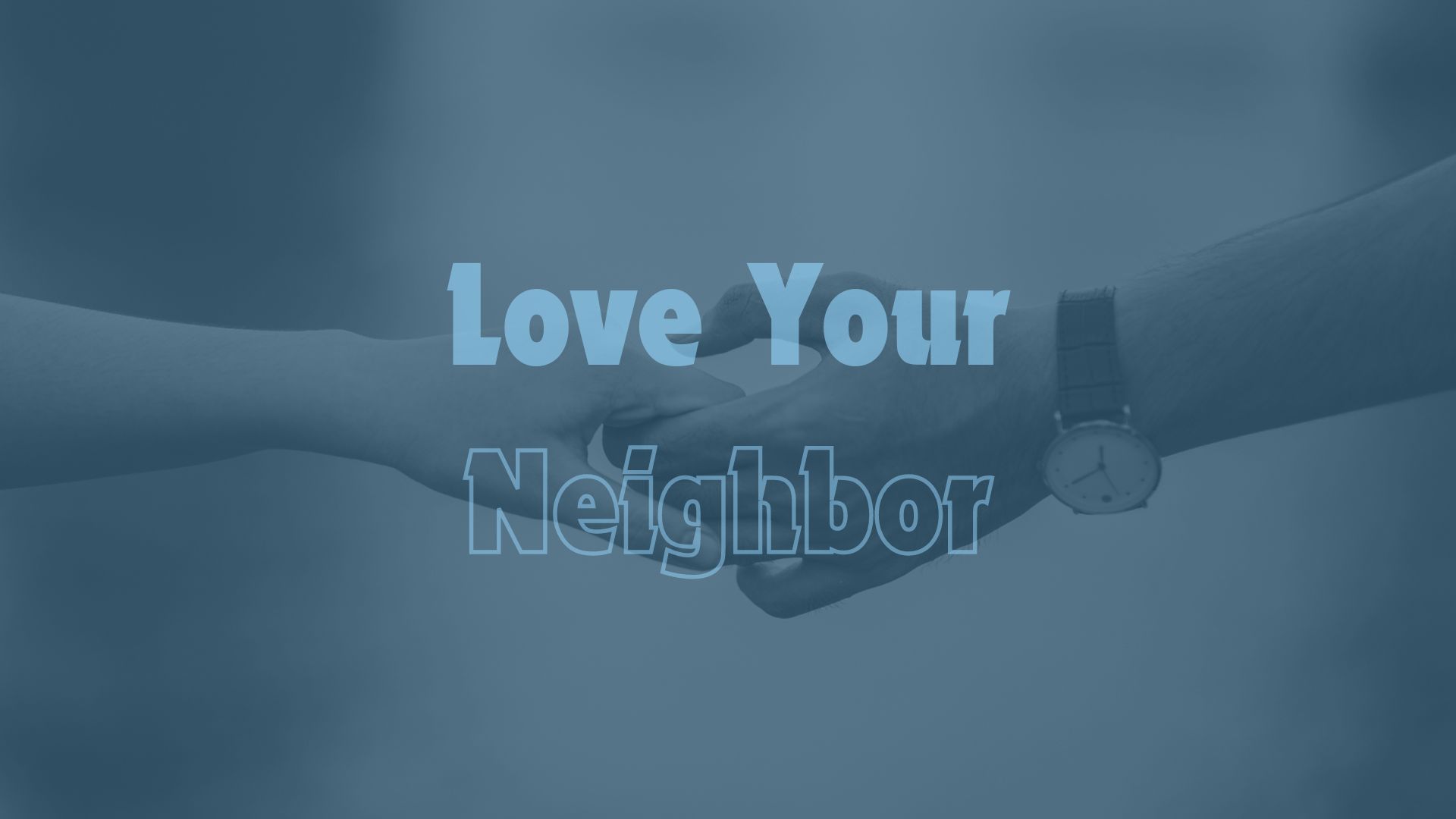There’s a new justification I’ve heard some give lately for abortion: “We ought to love our neighbor.”
You might be as confused as I was.
How could loving our neighbor possibly be used to support ending the life of a pre-born baby?
As with most deception, there is a modicum of truth embedded. Abortion supporters will point out that some women seek an abortion because of hard financial circumstances. They fear they don’t have the means to support a child (or another child).
Others are fearful of raising a child because of difficult life circumstances. Whether that’s age, or an abusive household, or any number of other legitimately hard obstacles.
If their plea was to support these mothers and help them raise their children, I think both sides could come together in agreement. To love our neighbor would be to help her in time of need.
“Who is my neighbor?”
So asked a law expert of Jesus, in order to try and justify himself (Luke 10). In response, Jesus tells the parable of the Good Samaritan.
In that well-known story, a man of a different nationality goes out of his way to care for someone in need. He sacrifices and inconveniences himself to see that the other person’s life is spared and his needs are met.
It’s a powerful example for us–expanding our definition of who we would consider to be “our neighbor.”
“The most important [commandment],” answered Jesus, “is this: ‘Hear, O Israel: The Lord our God, the Lord is one. Love the Lord your God with all your heart and with all your soul and with all your mind and with all your strength.’ The second is this: ‘Love your neighbor as yourself.’ There is no commandment greater than these.” –Mark 12:29-31
In other words, it’s not an option. We are commanded to love God first, with all that we are, and then to love others.
Who, then, is our neighbor?
As Jesus taught, it is not just those living next door. I think the natural outworking of loving God with all our heart, soul, mind and strength, is compassion for others. For those in need. Those in hard circumstances. Those who are most vulnerable.
Each human being is created in the image of God, for the purposing of living in relationship with Him and glorifying Him.
Each human being is our neighbor: the woman in an unplanned pregnancy, as well as the innocent baby in her womb. Each is our neighbor.
We should care for the least of these. And who is more innocent and vulnerable than a pre-born child? To love another is to look out for their well-being. It includes protecting (1 Corinthians 13:7). And if the child in the womb is our neighbor, we should seek to protect him or her, too. It’s also our duty to protect his or her parents from making a terrible decision–one that will have long-lasting consequences.
Loving our neighbor means being gracious and compassionate to those who need it. Especially the most vulnerable. Our neighbor is the family in crisis. And our neighbor is the baby in the womb. We are to love each one.




